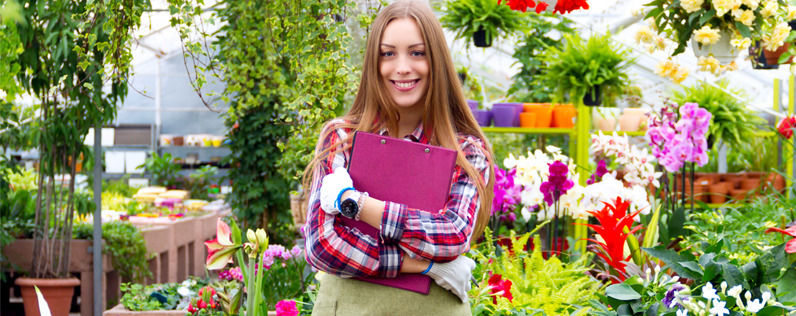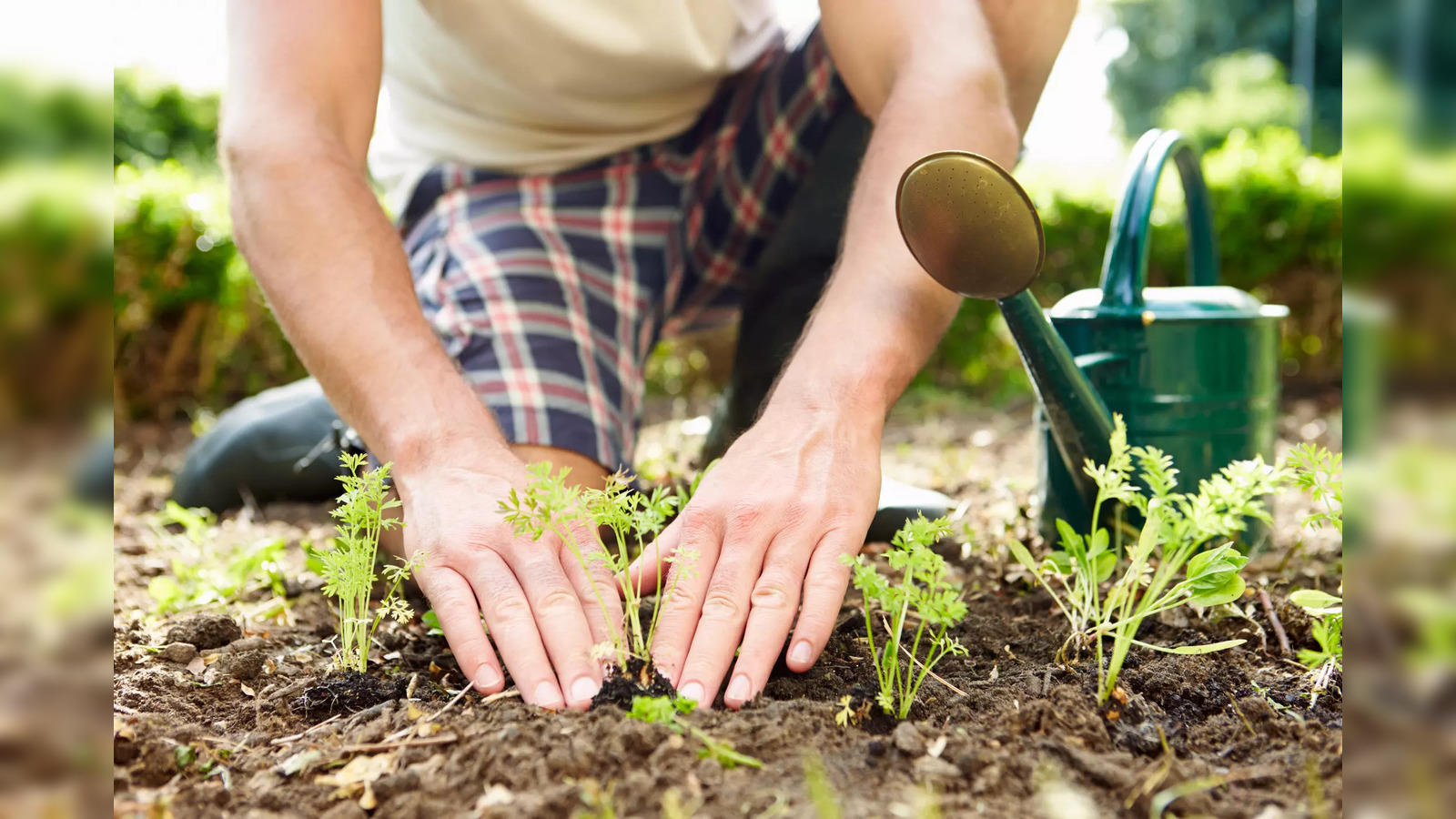Navigating Typical Challenges in Newbie Gardening Journeys
From Seed to Harvest: a Novice's Journey Into Horticulture
From Seed to Harvest: A Novice's Journey Into Gardening uses a useful and detailed guide for those new to the globe of horticulture. This publication takes visitors through the entire procedure, beginning with selecting the appropriate seeds and preparing the dirt, to nurturing the growing plants and inevitably collecting and taking pleasure in the domestic fruit and vegetables. Written in a professional style, this guide supplies important ideas and methods to assist beginners effectively grow a prospering garden. With an emphasis on usefulness and clarity, this publication intends to encourage individuals with the understanding and skills required to start their horticulture trip. Whether you have a roomy yard or a little balcony, this overview will equip you with the devices needed to transform your gardening aspirations into a growing reality.
Choosing the Right Seeds
When starting the trip of horticulture, selecting the ideal seeds is an important step for beginners to ensure effective farming. newbie gardening. The selection of seeds can considerably influence the general result of a yard, as different ranges have differing growth behaviors, disease resistance, and versatility to details environments
To start, it is crucial to consider the certain objectives and preferences of the garden enthusiast. Are you interested in expanding natural herbs, blossoms, or vegetables?
In addition, it is necessary to study and choose seeds that are ideal for the neighborhood climate and expanding problems. Some plants thrive in full sun, while others like color or a particular kind of dirt. By choosing seeds that are inherently adapted to the atmosphere, newbies can save themselves from prospective dissatisfaction and aggravation.

Preparing the Soil for Growing
After choosing the best seeds for your garden, the next crucial action in the novice's trip right into horticulture is preparing the soil for growing. Proper dirt prep work is important for offering a healthy and balanced and abundant setting for your plants to grow and grow.
The initial action in preparing the dirt is to eliminate any type of weeds, rocks, or debris that might impede the development of your plants. Once the location is clear, it is essential to loosen up the dirt by tilling or transforming it over.
Including organic matter to the dirt is an additional essential action in dirt preparation. It likewise helps to preserve wetness, which is important for plant growth.
Last but not least, it is very important to test the pH level of the dirt (newbie gardening). A lot of plants prefer a somewhat acidic to neutral pH array. If the dirt is also acidic or alkaline, changes can be added to readjust the pH level appropriately.
Sowing and Taking Care Of Plants
To ensure the successful development of your plants, correct sowing and careful nurturing of seed startings is vital, building upon the soil prep work reviewed in the previous subtopic. Planting seedlings is an important step in the gardening procedure, as it sets the foundation for healthy and balanced and strong plants.

Along with light, seed startings require regular wetness to flourish. Water the seedlings frequently, maintaining the soil evenly wet however not soaked. Overwatering can cause root rot, while underwatering can trigger the plants to die and wither.
To better support the growth of plants, give them with a gentle breeze. This can be achieved by utilizing a little follower on a reduced setup. The breeze aids enhance the stems of the seedlings, making them much more resilient to wind and various other environmental variables.
Supporting Your Expanding Plants
- Once your seed startings have germinated and begun to expand, it is necessary to offer correct care and attention to support their continued advancement. This includes giving adequate water, sunlight, and nutrients, along with securing them from pests and diseases.
Sprinkling your growing plants is critical to their survival. Water your plants frequently, specifically during warm and completely dry periods, and make certain to water them at the base to prevent moistening the vegetation, which can invite fungal illness.
3. Sunlight is another crucial variable for the healthy and balanced development of your plants. Many blossoms and veggies require a minimum of 6-8 hours of direct sunlight each day. Make certain that your plants are placed in an area that receives adequate sunshine, and if you're expanding them inside, consider using grow lights to supplement all-natural light.
Giving your plants with the ideal nutrients is essential for their growth. In addition, take into consideration making use of natural fertilizers that are mild on plants and the setting.
- Safeguarding your plants from insects and illness is important to ensure their well-being. Regularly inspect your plants for indicators of invasion or disease, and take ideal procedures such as utilizing organic parasite control techniques or removing contaminated plants to protect against the spread.
Harvesting and Appreciating Your Homegrown Produce
As soon as your plants have gotten to maturation, it's time to reap the benefits of your gardening initiatives by collecting and appreciating the fruits (or vegetables) of your labor. Collecting is an important action in the gardening process, as it allows you to appreciate the nourishing and fresh fruit and vegetables that you have grown. Prior to you begin collecting, it is necessary to identify the optimum time for each plant. This can be figured out by observing the plant's physical appearance, such why not try this out as the shade, dimension, and texture of the fruit or veggie. In addition, you can refer to the particular standards given on seed packages or gardening resources.
Make use of a sharp set of yard shears or scissors to reduce the fruits or vegetables from the plant. Be mindful not to draw or pull, as this can damage the plant and lower future return.
As soon as you have collected your native fruit and vegetables, it's time to delight in the fruits of your labor. reference Take a minute to value the hard job and commitment that went into your yard and pleasure in the flavors of your organic harvest.
Verdict
:max_bytes(150000):strip_icc()/hispanic-father-and-daughter-gardening-together-463247401-58a390123df78c475830f5f5.jpg)
Some plants grow in complete sun, while others favor color or a details type of dirt.The very first step in preparing have a peek at this website the dirt is to eliminate any weeds, rocks, or debris that may prevent the growth of your plants.To guarantee the effective growth of your plants, appropriate sowing and mindful nurturing of plants is important, constructing upon the soil prep work talked about in the previous subtopic. Routinely evaluate your plants for signs of invasion or disease, and take appropriate procedures such as making use of organic parasite control techniques or removing contaminated plants to prevent the spread.
In final thought, this beginner's trip into horticulture highlights the value of selecting the best seeds, preparing the dirt, sowing and caring for plants, nurturing expanding plants, and ultimately, harvesting and delighting in the homegrown fruit and vegetables.